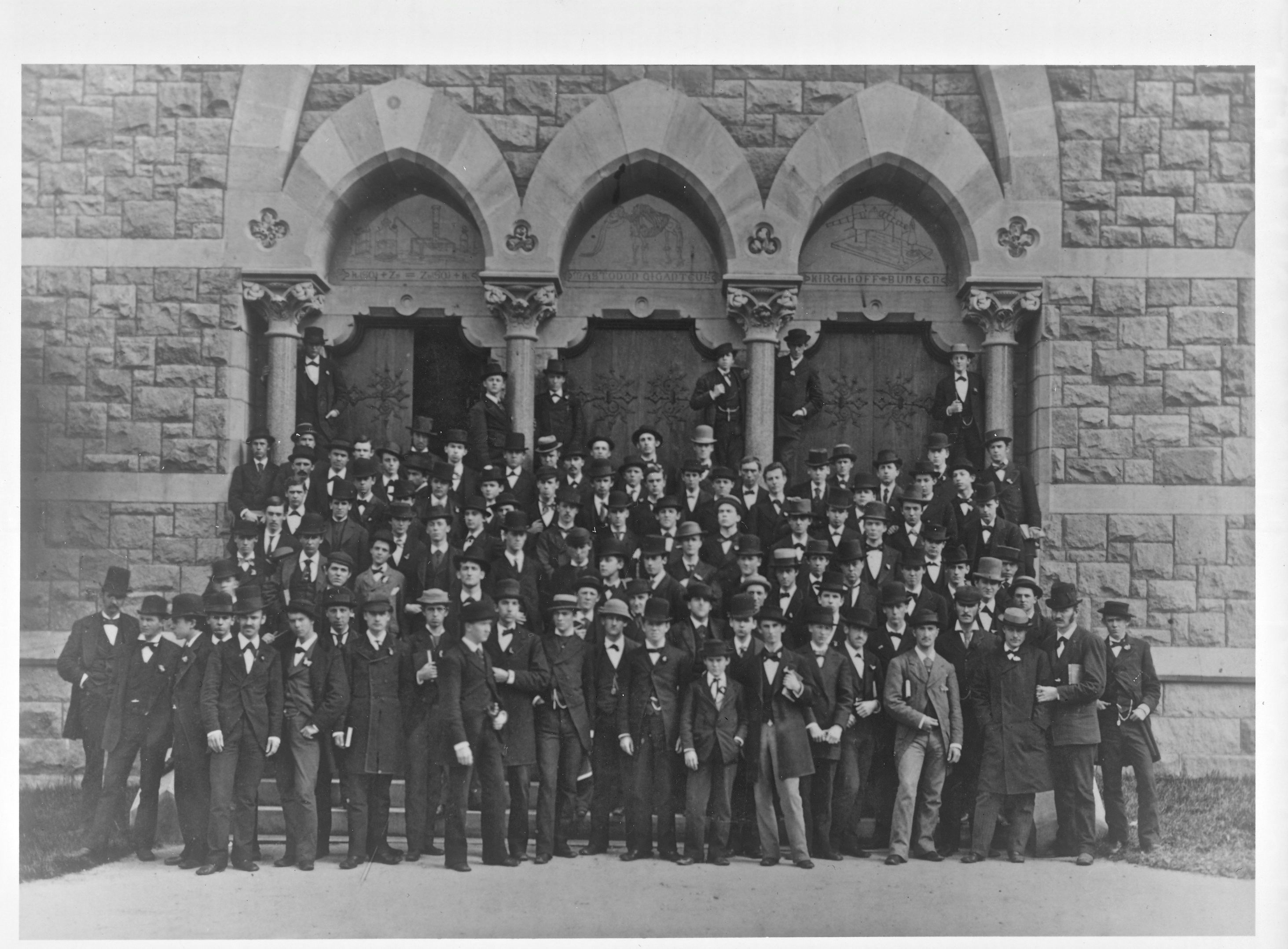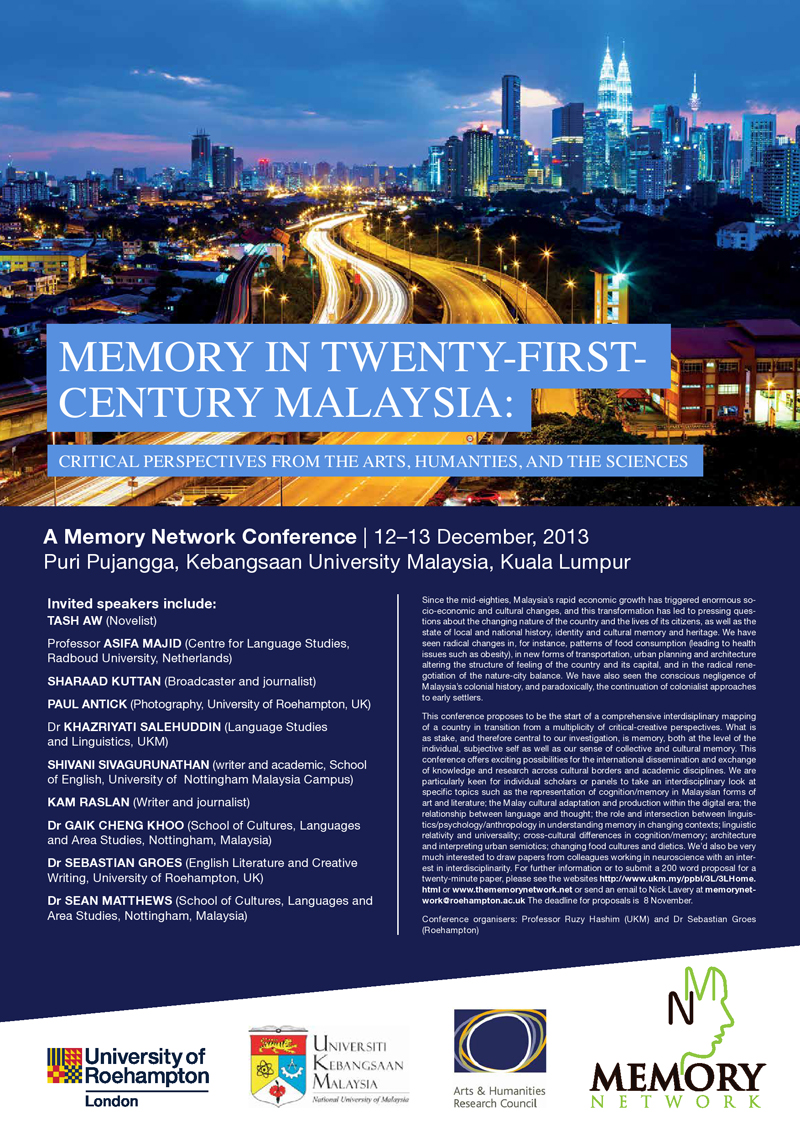The postgraduate branch of the Memory Network is an opportunity for postgraduate students to engage in a dialogue between different disciplines on the role of memory in both academic and public life. We want to bring together graduate students from a variety of academic backgrounds to share new insights into memory and how it is conceived, discuss their implications, and reflect on how this conversation can help to broaden their scope in future research. A driving vision for the network is to create a dialogue between the sciences and humanities, and to achieve a combined effort in formulating and answering questions surrounding human memory and the brain. Memory is fascinating for writers and scientists alike, and particularly relevant in the current political and cultural climate, in which the World War One centenary is raising issues related to forgetting as well as remembrance, while the neurosciences continue to make impressive progress on mapping the human brain. Given what our new findings can tell us about ourselves, how do we proceed with this knowledge? What is the role of academic research and the humanities in understanding the experience of memory? Remembering and forgetting are vital parts of our daily lives, both on an individual and on a collective level. The Memory Network hopes to encourage more interdisciplinary discussion of such everyday topics, building on an appreciation of the increasingly blurred line between traditionally separate scientific and artistic endeavours. We hope to excite, encourage and enable students to join us in this urgent and fascinating dialogue through seminars, events and conferences. If anyone knows postgrads in any academic discipline who might be suitable to join the steering committee, please contact Max Berghege at maxberghege@gmail.com


